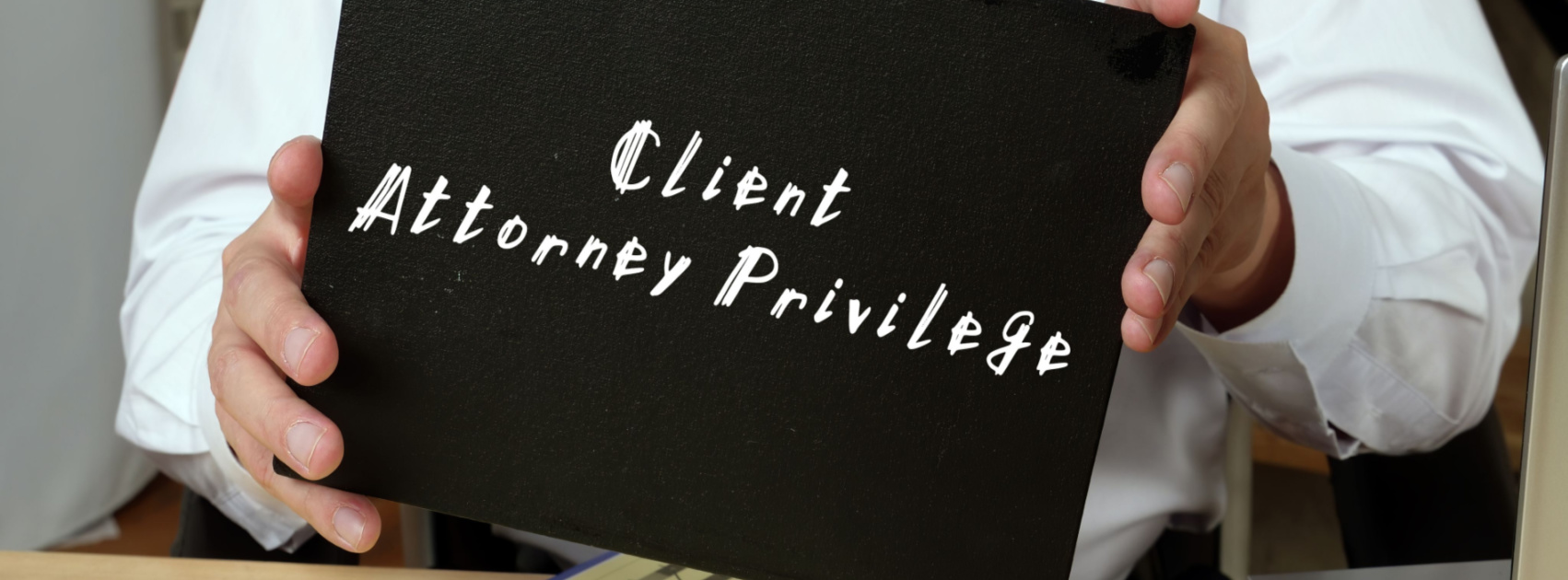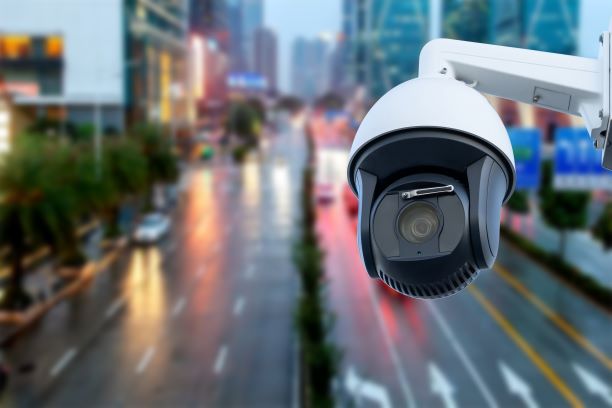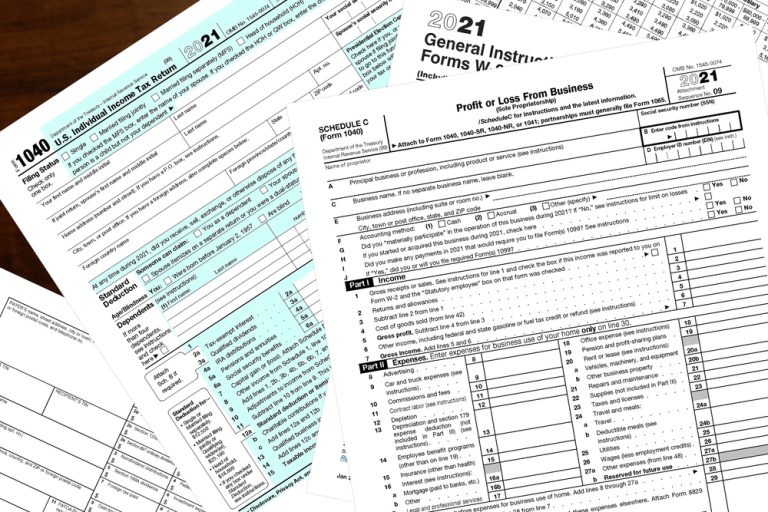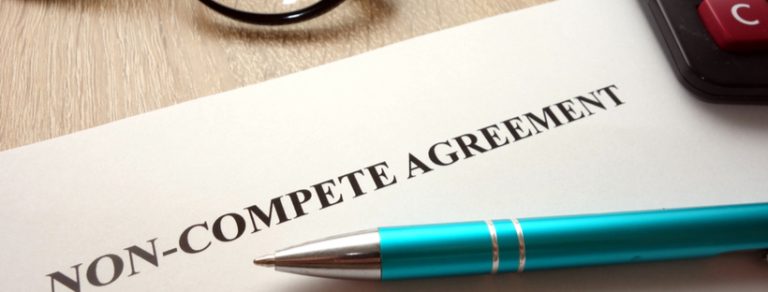Second DCA Finds School Board Investigative Communications Not Entitled to Attorney-Client Privilege: Provides Lifeline to District Employees
Second DCA Finds School Board Investigative Communications Not Entitled to Attorney-Client Privilege: Provides Lifeline to District Employees
In a recent decision, the Second District Court of Appeal (“Second DCA”) reiterated what is, and is not, covered by the attorney-client privilege. This decision provides additional guidance to school boards—and other public entities—seeking to have certain information shielded from disclosure. In Collier County Public Schools v. Mason Classical Academy, Inc., No. 2D21-1602, 2022 WL 2334686 (Fla. 2d DCA June 29, 2022), the School District for Collier County (“the District”) sought review after the trial court found communications between the District’s attorney and two former employees were not protected by the attorney-client privilege. The Second DCA ultimately found the attorney-client privilege did not apply to the relevant discussions, with the caveat that just because an employer cannot claim the privilege, situations will nonetheless exist where an employee still can.
This case began when complaints were levied against Mason Classical Academy (“Mason”), a charter school in Collier County. As a result of these complaints, the District’s general counsel investigated and issued a report pertaining to Mason. Following release of the report, Mason sued several individuals and entities, claiming they tortuously interfered and conspired against Mason as regards to its charter school contract with the District. As part of this litigation, Mason sought to depose two former District employees that had been interviewed by the District’s counsel during his investigation. During one deposition, the District objected and instructed the witness not to answer questions about what she and the District’s attorney had discussed, based on the attorney-client privilege. Mason filed a motion to compel testimony and, after a hearing, the trial court ruled the District failed to establish these conversations were protected by the attorney-client privilege.
On review, the Second DCA agreed with the trial court. The court noted that while attorney-client privilege is statutorily protected, it is on the party claiming the privilege to establish it applies. At bottom, the Second DCA found the District did not establish that either of its former employees spoke with the District’s counsel for the purpose of obtaining legal services. In so finding, the court reiterated that entities cannot simply make blanket assertions that all discussions between the organization’s attorney and employees are protected by the privilege.
To that end, the court examined the factors the Florida Supreme Court has laid out for determining whether an organization’s communications are protected by the attorney-client privilege. These are whether: (1) the communication would not have been made but for the contemplation of legal services; (2) the employee making the communication did so at the direction of his or her superior; (3) the superior made the request of the employee as part of the organization’s effort to secure legal advice or services; (4) the content of the communication relates to the legal services being rendered, and the subject matter of the communication is within the scope of the employee’s duties; (5) the communication is not disseminated beyond those persons who, because of the entity’s structure, need to know its contents.[1] The Second DCA observed the former employees were interviewed as part of the District’s investigation into Mason, neither consulted with the District’s attorney for the purpose of obtaining legal advice or services, and thus their communications did not qualify for protection.
The Second DCA also distinguished these interviews from public meetings subject to Florida’s Sunshine Law, section 286.011, Florida Statutes. While noting that communications at such public meetings generally do not qualify for the attorney-client privilege—the notable exception being “shade meetings,” as authorized by section 286.011(8)—the Second DCA found the discussions in the present case were clearly not public meetings as defined by Florida’ Sunshine Law because neither employee was a school board member or part of a decision-making committee; rather, these were simply fact-finding meetings conducted pursuant to the District’s attorney’s investigation.
Perhaps most relevant to school boards—and other public employers—was the court’s rejection of Mason’s argument that the District’s employees could never claim attorney-client privilege because the District itself could not claim it. To do so, the Second DCA found, would be contrary to section 90.502(6), Florida Statutes, which states that meetings or activities not conducted under Florida’s Sunshine Law “shall not be construed to waive the attorney-client privilege” and “shall not be construed to constitute an exemption to either [Florida’s public records law] or [Florida’s Sunshine Law].” Thus, school district employees may still claim attorney-client privilege if they can establish that their conversations are protected by the privilege, even if their school district could not claim it. Unfortunately for the former District employees here, however, the court found they failed to establish the privilege applied, and therefore their communications were not protected from disclosure.
[1] See S. Bell Tel. & Tel. Co. v. Deason, 632 So. 2d 1377, 1383 (Fla. 1994).









